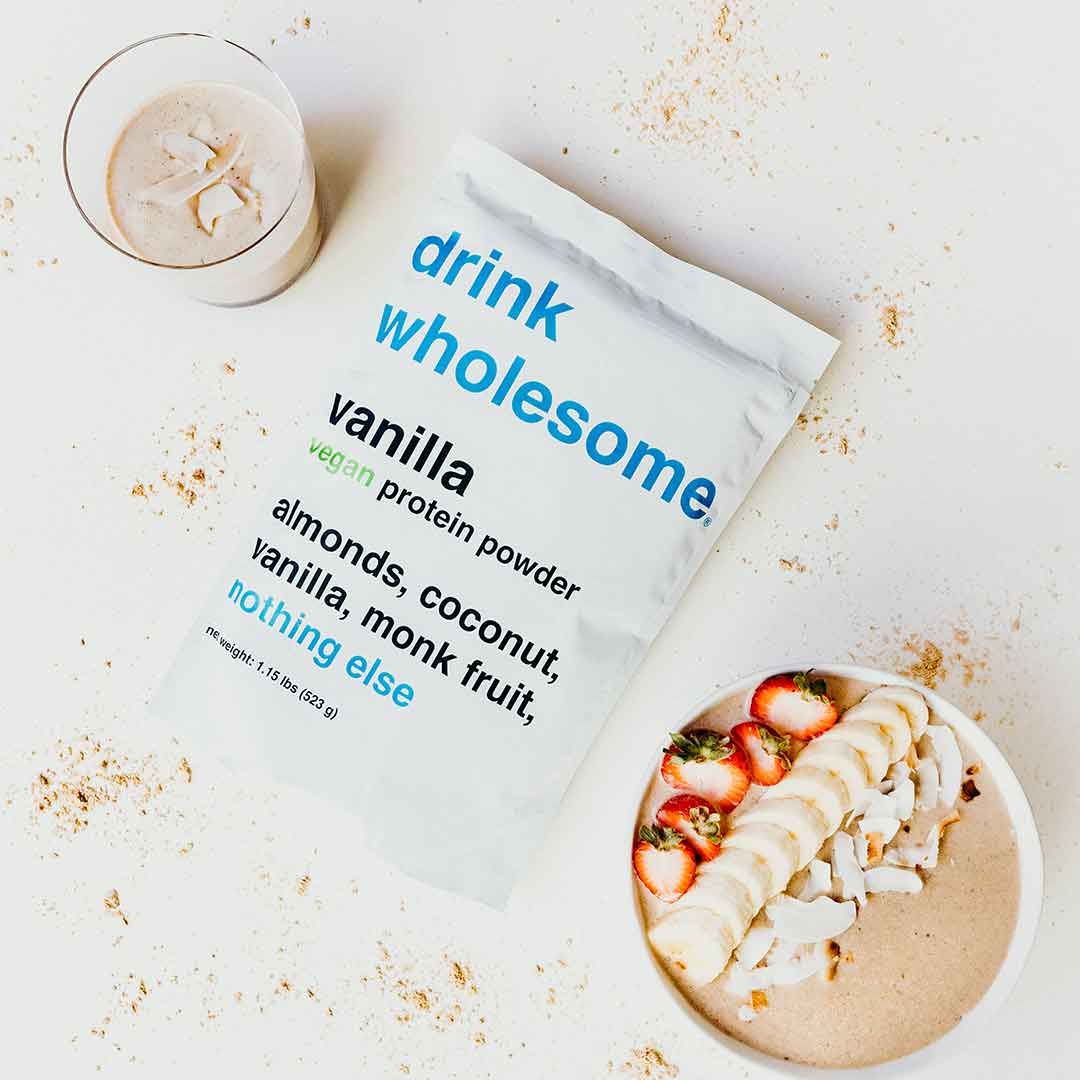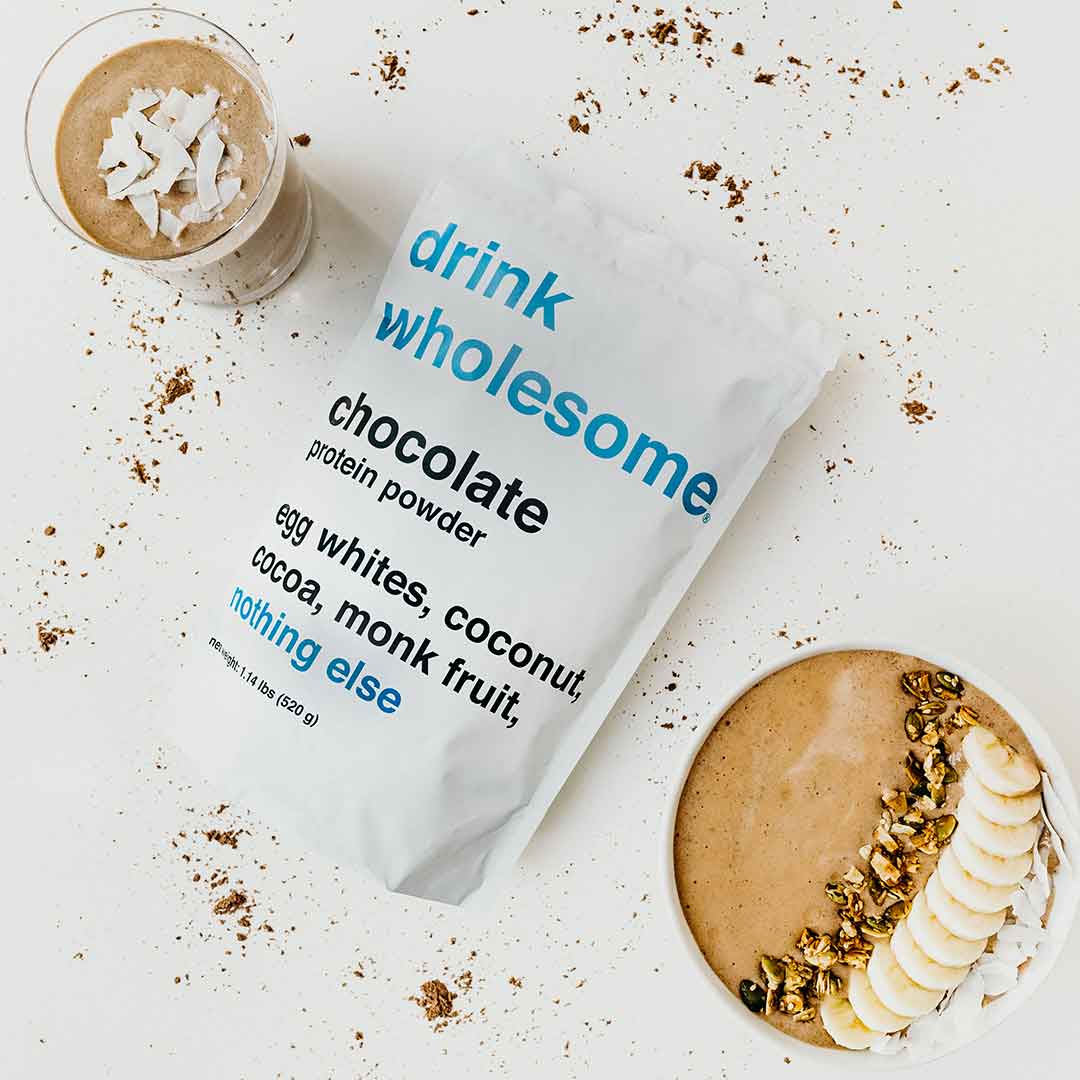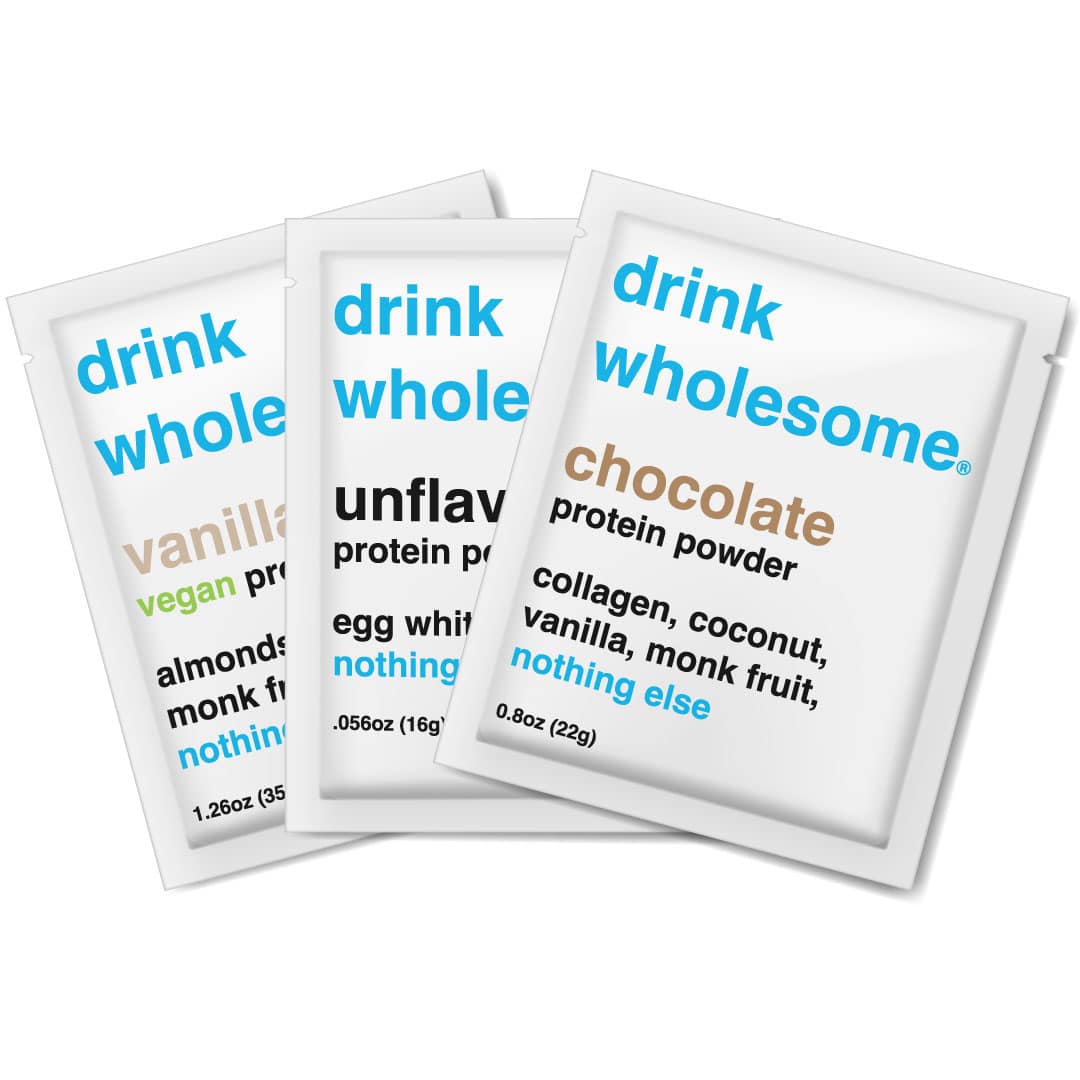Why does protein powder make my stomach hurt?
Why does protein powder make my stomach hurt? If protein powder hurts your stomach, you have come to the right place. Keep reading to learn more about why the average protein supplement is hard to digest, and the top ingredients to avoid if you have a sensitive stomach.
Why protein powder hurts your stomach.
Written by Jack Schrupp & endorsed by Baylee Reller, RDN
Can protein powder hurt your stomach?
If your protein powder hurts your stomach, you are not alone – many people experience stomach pain after drinking protein shakes. Stomach pain can range from mild to severe, and last for a few minutes to a few hours. Call your doctor if you have pain so severe that you cannot move without causing more pain, or if you cannot find a comfortable position.
Why does protein powder hurt my stomach?
One of the most common questions I get asked as the owner of a protein powder company is: ‘Why does protein powder make my stomach hurt?’ My response is always the same: ‘Have you read the ingredients list?’
If protein supplements hurt your stomach, and you are wondering why, read the ingredients. The average protein supplement is full of ingredients that can cause gastrointestinal (GI) side effects for many people. Common symptoms include bloating, constipation, cramps, diarrhea, gas, nausea, and stomach pain.
Everyone’s stomach is different, so a protein powder that causes side effects for one person may not cause them for someone else, but there are a few ingredients that are hard to digest for most people. In this article, I will share the top protein supplement ingredients to avoid if you are sick of protein powders and shakes that hurt your stomach.
Why drink wholesome?
The average protein powder hurts my stomach, so I created drink wholesome. It is additive-free, dairy-free, and made with real foods, not protein isolates – 99% of supplements fail to meet at least one of these criteria. This makes it perfect for people like me with sensitive stomachs. Keep reading to learn more about why what makes my protein powder unique, also makes it stomach-friendly.
drink wholesome is additive-free.
One reason why my protein powder does not cause stomach pain is that it is additive-free. Most protein powders, on the other hand, contain food additives such as emulsifiers, thickeners, artificial sweeteners, and flavors. Even in small quantities, these added ingredients can have negative effects on the digestive system, causing gastrointestinal (GI) discomfort. Symptoms like bloating, constipation, diarrhea, flatulence, are common, especially for individuals with pre-existing gut issues.
Because additives look nothing like real food, they are only partially digested. This can lead to one of two outcomes. Firstly, your gut may absorb extra water, causing diarrhea. Alternatively, additives can feed the bacteria in your gut, which release of gas. Excessive gas can give rise to unpleasant symptoms such as bloating, flatulence, stomach pain, and even slow the movement of food through the colon, which can lead to constipation.
Here is a list of the most common food additives in protein powder:
acacia gum, acesulfame potassium, artificial flavors, aspartame, carrageenan, cellulose gum, dextrin, dextrose, erythritol, gellan gum, guar gum, gum arabic, inulin, locust bean gum, “natural” flavors, maltodextrin, rice syrup solids, soy lecithin, silica, sucralose, sunflower lecithin, xanthan gum, xylitol
Chances are, you drink a protein shake on a daily basis. Just think about how quickly tiny amounts of additives can add up as a result. Regardless of whether or not you have gut issues, regularly eating food additives can disrupt regulatory pathways in the intestines. This, in turn, can trigger the emergence of inflammatory bowel disease (IBD) and various systemic inflammatory disorders.
Moreover, food additives, especially artificial sweeteners, can disturb the delicate balance of the gut microbiome, which is the collection of microorganisms that help you digest food. Over time, this can affect your ability to digest food and absorb nutrients.
the alternative:
Protein Matrix Comprised of (Whey Protein Concentrate, Whey Protein Isolate, Calcium Caseinate, Micellar Casein, Milk Protein Isolate, Egg Albumen, Glutamine Peptides), Polydextrose, Sunflower Creamer (Sunflower Oil, Corn Syrup Solids, Sodium Caseinate, Mono- and Diglycerides, Dipotassium Phosphate, Tricalcium Phosphate, Soy Lecithin, Tocopherols), Natural and Artificial Flavor, MCT Powder (Medium Chain Triglycerides, Nonfat Dry Milk, Disodium Phosphate, Silicon Dioxide), Lecithin, Cellulose Gum, Salt, Yellow 5, Sucralose, Acesulfame Potassium, Papain, Bromelain
drink wholesome is dairy-free.
Another reason why my protein powder does not cause stomach pain is that it is dairy-free. Many protein powders, on the contrary, contain whey and/or casein protein, which are byproducts of the production of cheese and yogurt. These dairy-based proteins have a reputation for triggering digestive problems, particularly for the one-third of adults with lactose intolerance.
Individuals with lactose intolerance lack the enzymes required for the complete digestion of lactose, the sugar in dairy. As previously mentioned, the incomplete breakdown of food can give rise to unpleasant GI side effects.
drink wholesome is made with real foods.
A final reason why my protein powder does not cause stomach pain is that it is made with real food protein, not protein concentrates or isolates. Contrarily, almost every other protein powder contains one or both of these protein sources, which are essentially foods stripped of everything except the protein content.
The process involved in creating protein concentrates and isolates involves extensive mechanical and chemical alterations. In some instances, chemical solvents like hexane are employed to extract the protein from its natural source. As a result, what you scoop into your protein shake bears little resemblance to real food.
Your digestive system is designed to handle minimally-processed or unprocessed real foods, rather than protein concentrates and isolates. This is why emerging studies suggest that refined ingredients such as these have the potential to disrupt your gut microbiome. If you have a sensitive stomach or pre-existing gut issues, a dysbiotic gut microbiome is that last thing you want.
Instead of using protein concentrates or isolates, I make my easy-to-digest protein powders with egg whites and almonds. All that is required to turn egg whites into protein powder is pasteurization and drying. Almonds, on the other hand, only need to be roasted, pressed to remove some oil, and ground. These minimally-processed ingredients make protein powder that is easily digested and supports gut health.
Unlike protein isolates and concentrates, real foods like whites and almonds contain enzymes and digestive aids that promote digestion. Moreover, egg whites, besides being low in fiber and FODMAPs, help maintain healthy pH levels in the gut and support the growth of beneficial gut bacteria. This is why our satisfied customers consistently tell us that they experience the fewest digestive issues with our egg white protein powder.
For those unable to consume eggs, our vegan almond protein powder is as an excellent substitute. Almonds have prebiotic effects, nurturing the diversity and composition of the gut microbiome.They also help you have regular and healthy bowel movements. To summarize, our protein powders undergo minimal processing to prioritize your gut health.
“I have IBS, and this protein is the first I’ve tried that doesn’t hurt my stomach.” – Chrissy
Read more reviews or take the quiz.
Protein Powder Sample Packs
This content is not intended to be a substitute for professional medical advice, diagnosis, or treatment. drink wholesome is not intended to diagnose, treat, cure or prevent any disease.









